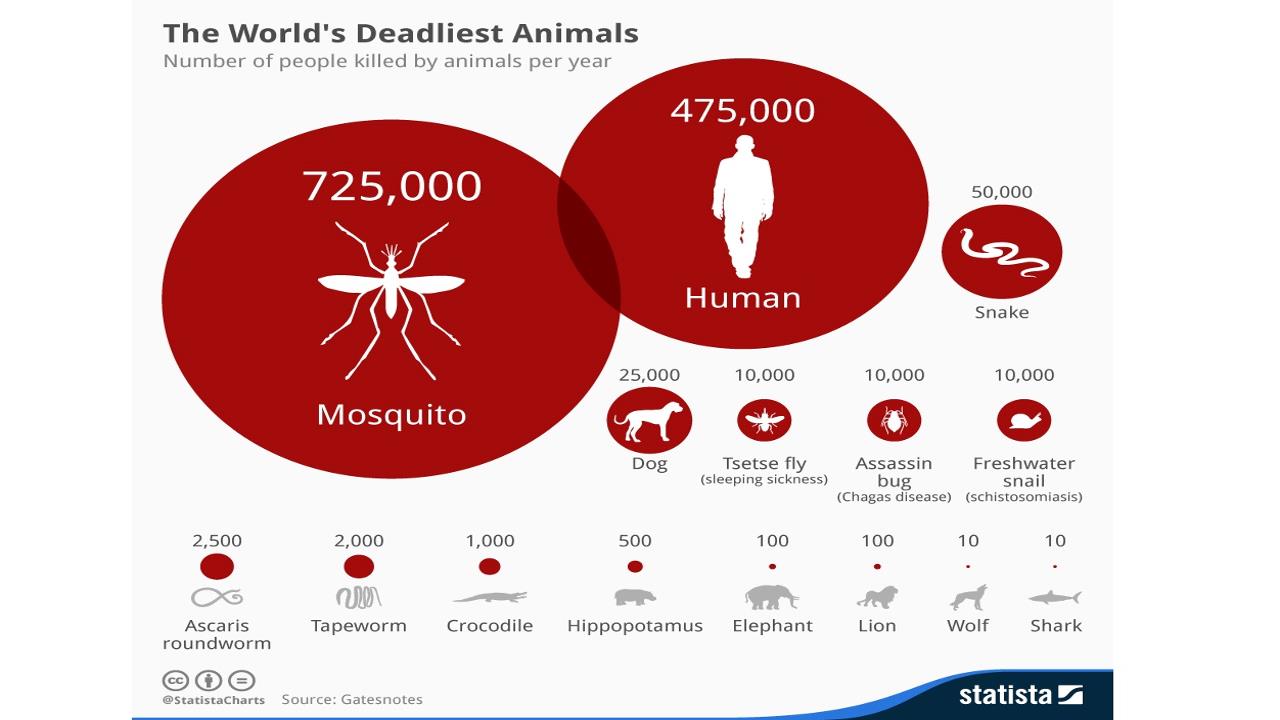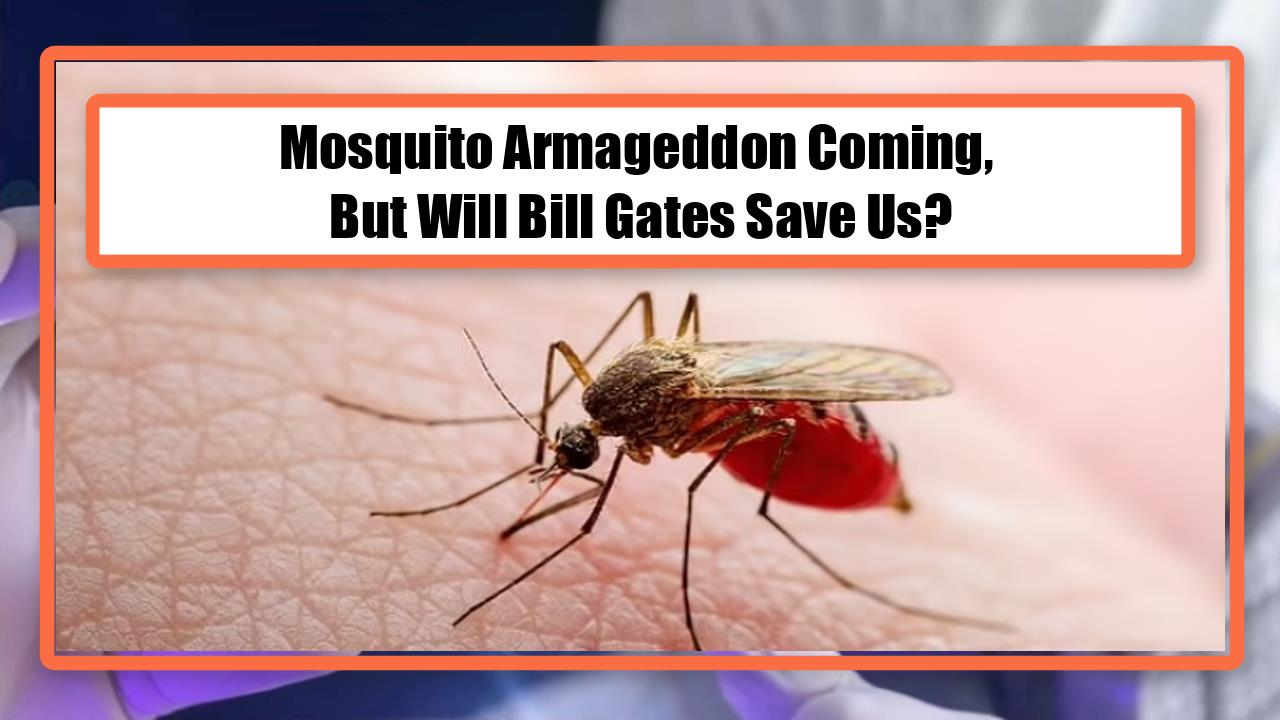Video:
Take our online poll:
AI Analysis:
The release of genetically modified organisms (GMOs), including insects, into the wild is a highly debated topic with significant implications for the environment, human health, and agriculture. Here are some considerations:
Benefits
Pest Control: One of the primary motivations for releasing GMO insects is to control pest populations that damage crops and spread diseases. For instance, genetically modified mosquitoes have been developed to reduce the spread of malaria and dengue by either suppressing the population or altering their ability to transmit diseases.
Reduction in Pesticide Use: GMO insects can potentially reduce the need for chemical pesticides, which have harmful environmental and health effects. This can lead to more sustainable agricultural practices and less chemical runoff into waterways (Truths First).
Efficiency and Precision: Genetic modifications can target specific pests more precisely than traditional methods, reducing collateral damage to other species and ecosystems.
Risks
Ecological Impact: There is concern about unintended consequences on ecosystems. The introduction of GMO insects might disrupt existing food webs, outcompete native species, or lead to the evolution of new pests or diseases.
Gene Flow: There is a risk that modified genes could spread to wild populations, potentially creating unforeseen problems. For example, genes conferring resistance to diseases might spread to non-target species or related wild species.
Ethical and Societal Concerns: Some people are uneasy about genetically modifying organisms and releasing them into the environment. There are ethical questions about the right to alter natural organisms and concerns about the long-term consequences.
Regulatory and Research Considerations
Rigorous Testing: Before GMO insects are released, they undergo extensive testing to assess their safety and effectiveness. Regulatory agencies, such as the Environmental Protection Agency (EPA) in the United States, evaluate the potential risks and benefits.
Monitoring and Control: Post-release monitoring is crucial to understand the long-term effects of GMO insects. Mechanisms for recall or control in case of adverse effects should be in place.
Conclusion
The decision to release GMO insects into the wild involves balancing potential benefits against possible risks. While there are promising advantages in terms of pest control and reduced pesticide use, the ecological, ethical, and societal implications must be carefully considered. Ongoing research, stringent regulatory frameworks, and public engagement are essential to ensure that such initiatives are safe and beneficial.
For more detailed information, you can explore sources such as the Environmental Protection Agency (EPA) and recent studies on the impact of GMO insects on ecosystems and human health.
Chart:

References:
Dengue Fever surges by 400% in Brazil after Bill Gates-Backed GMO Mosquitos


Comments